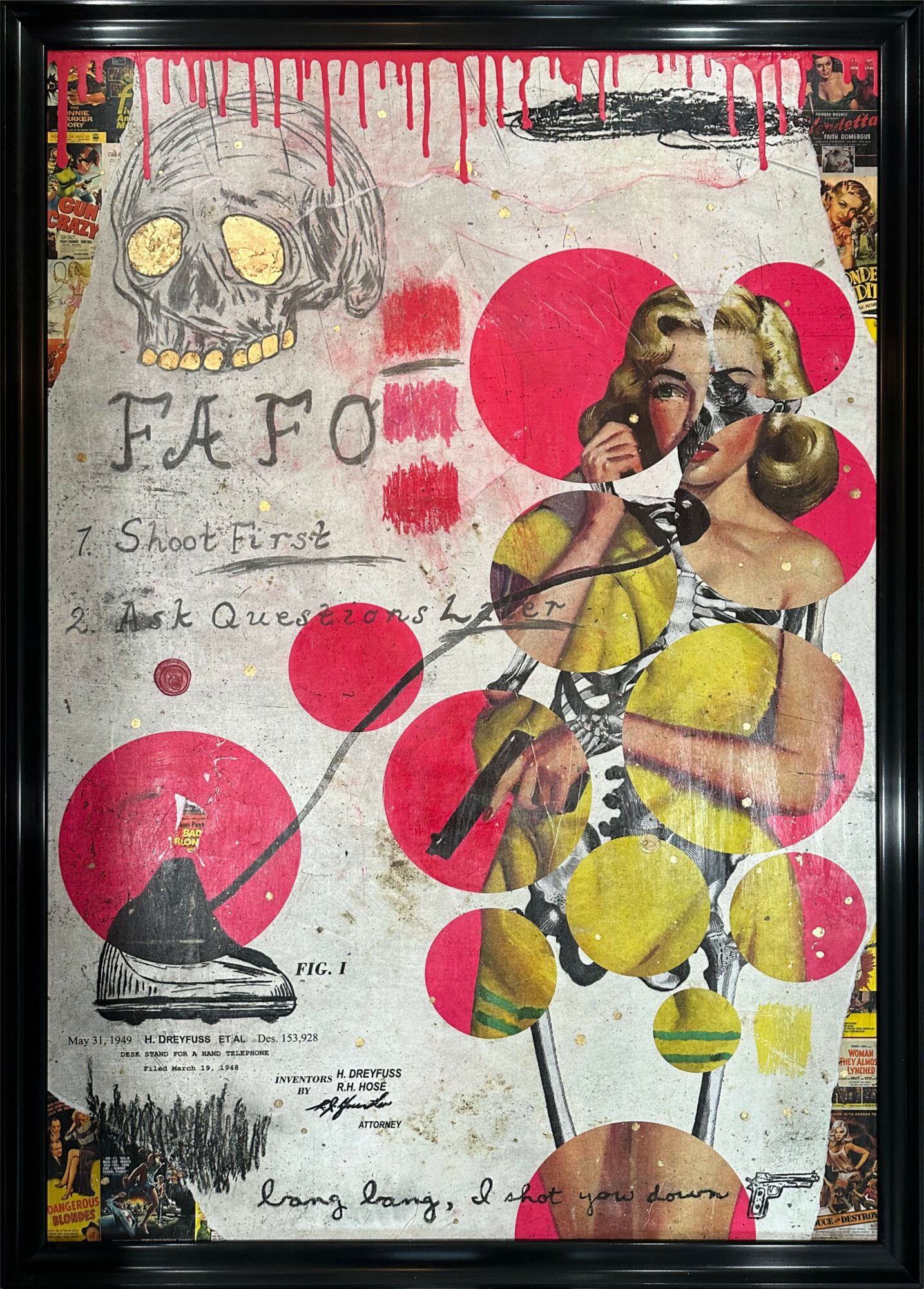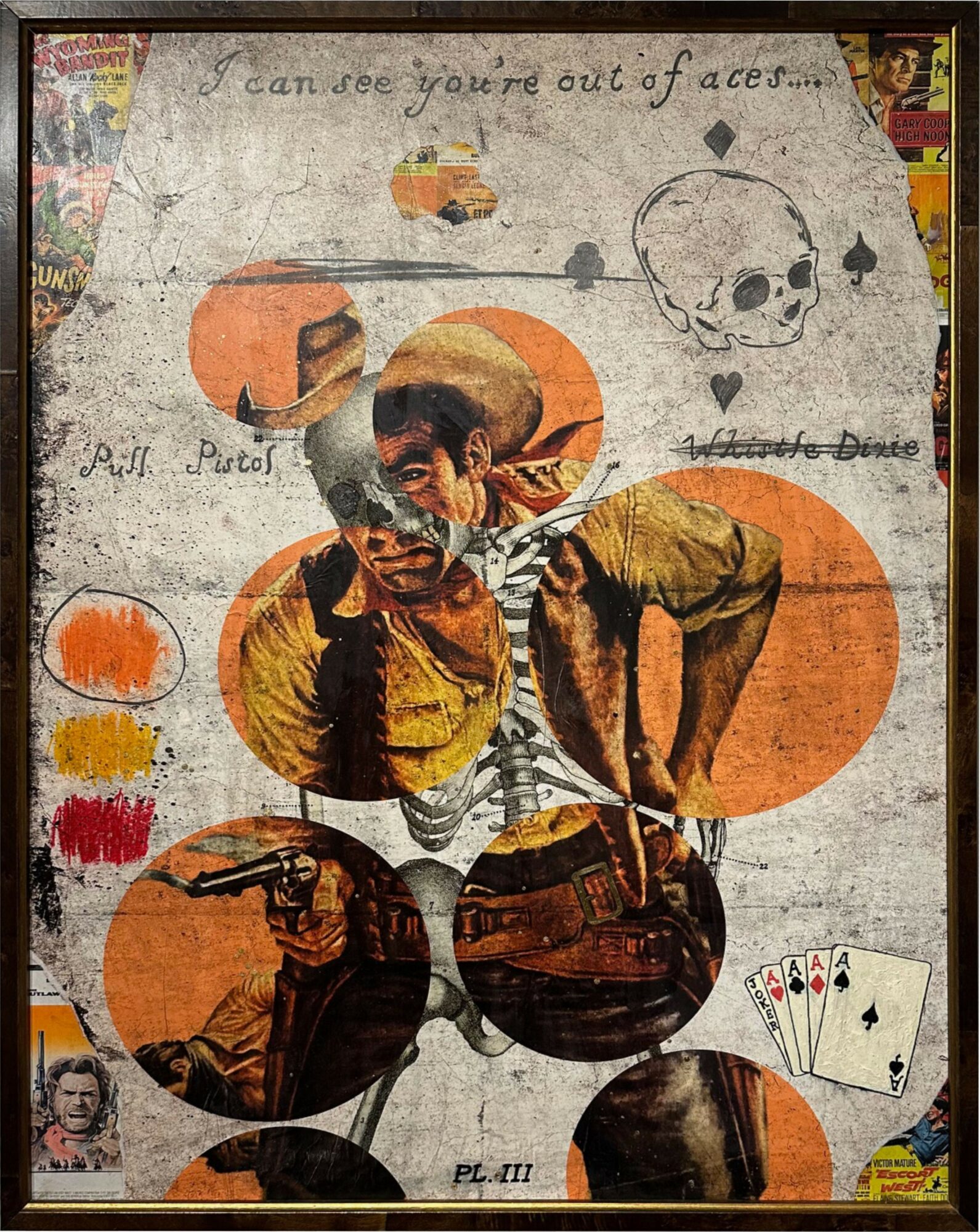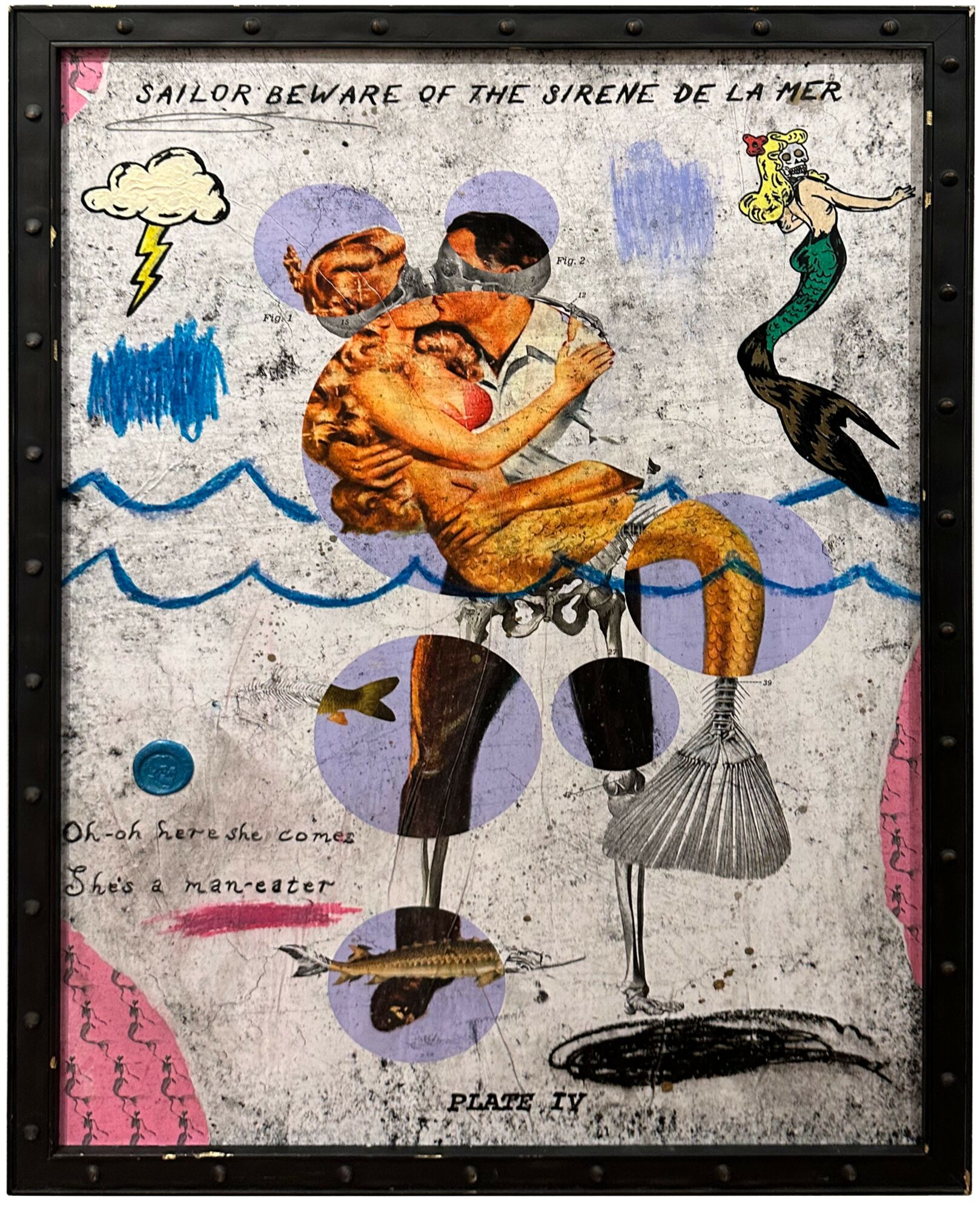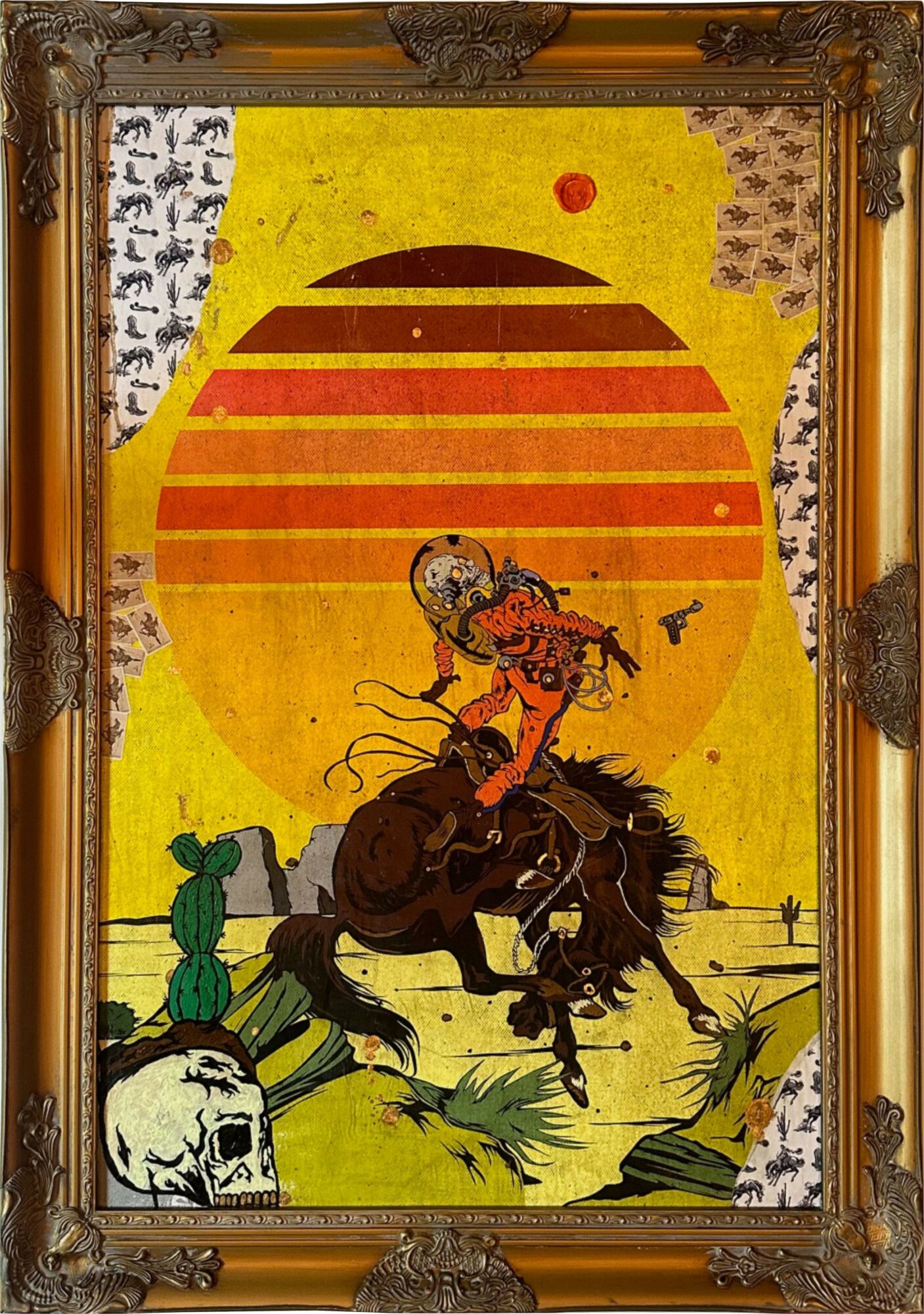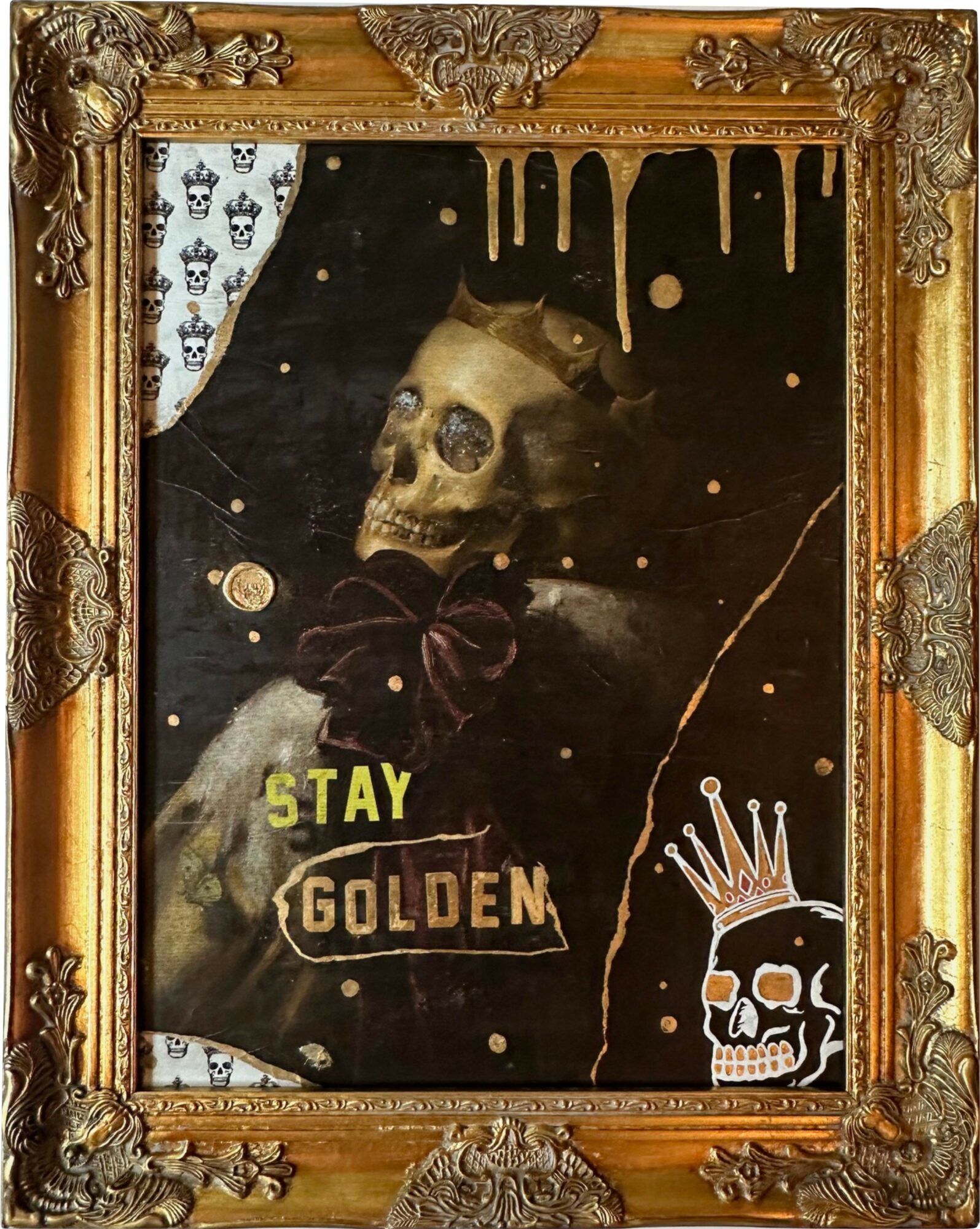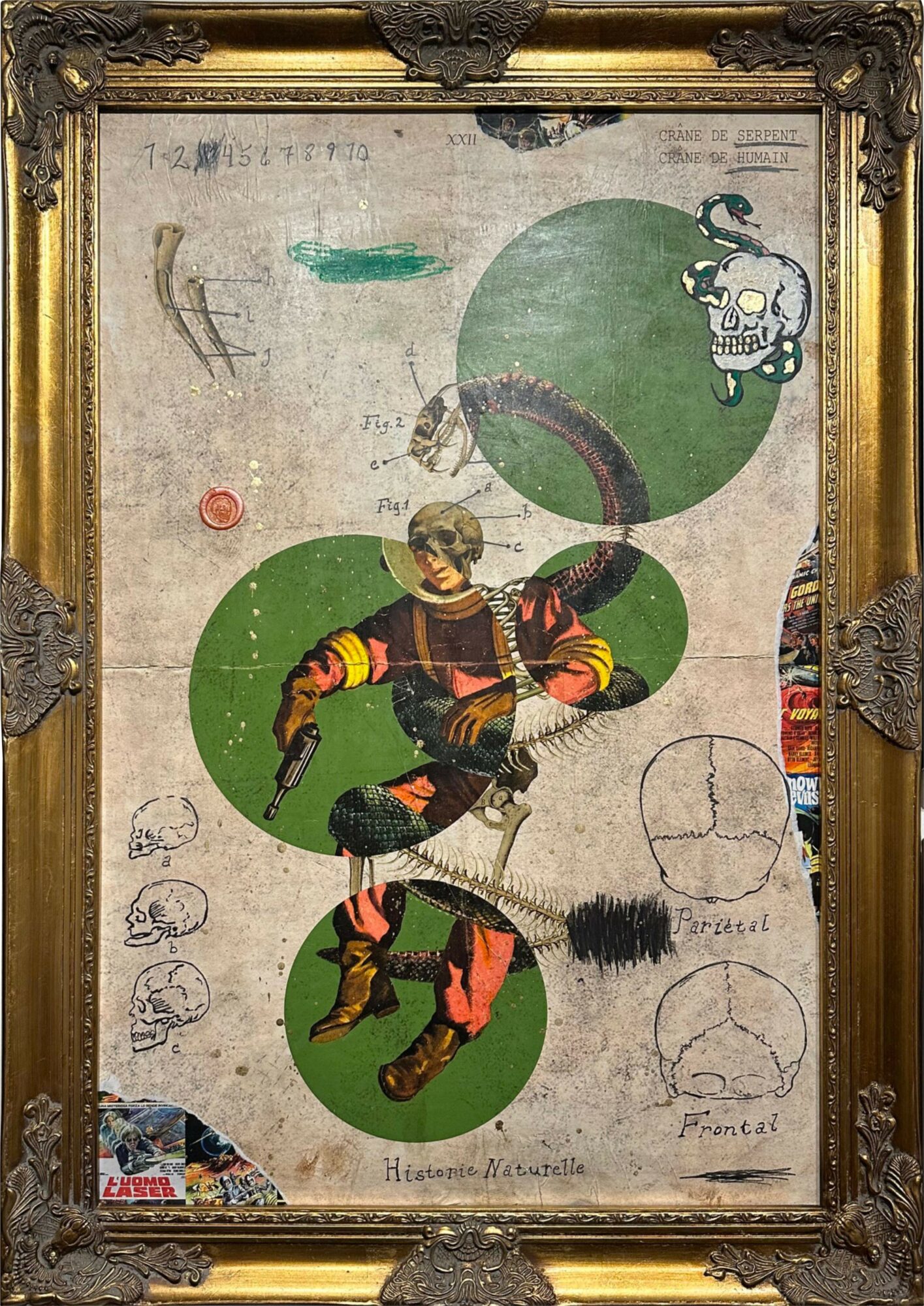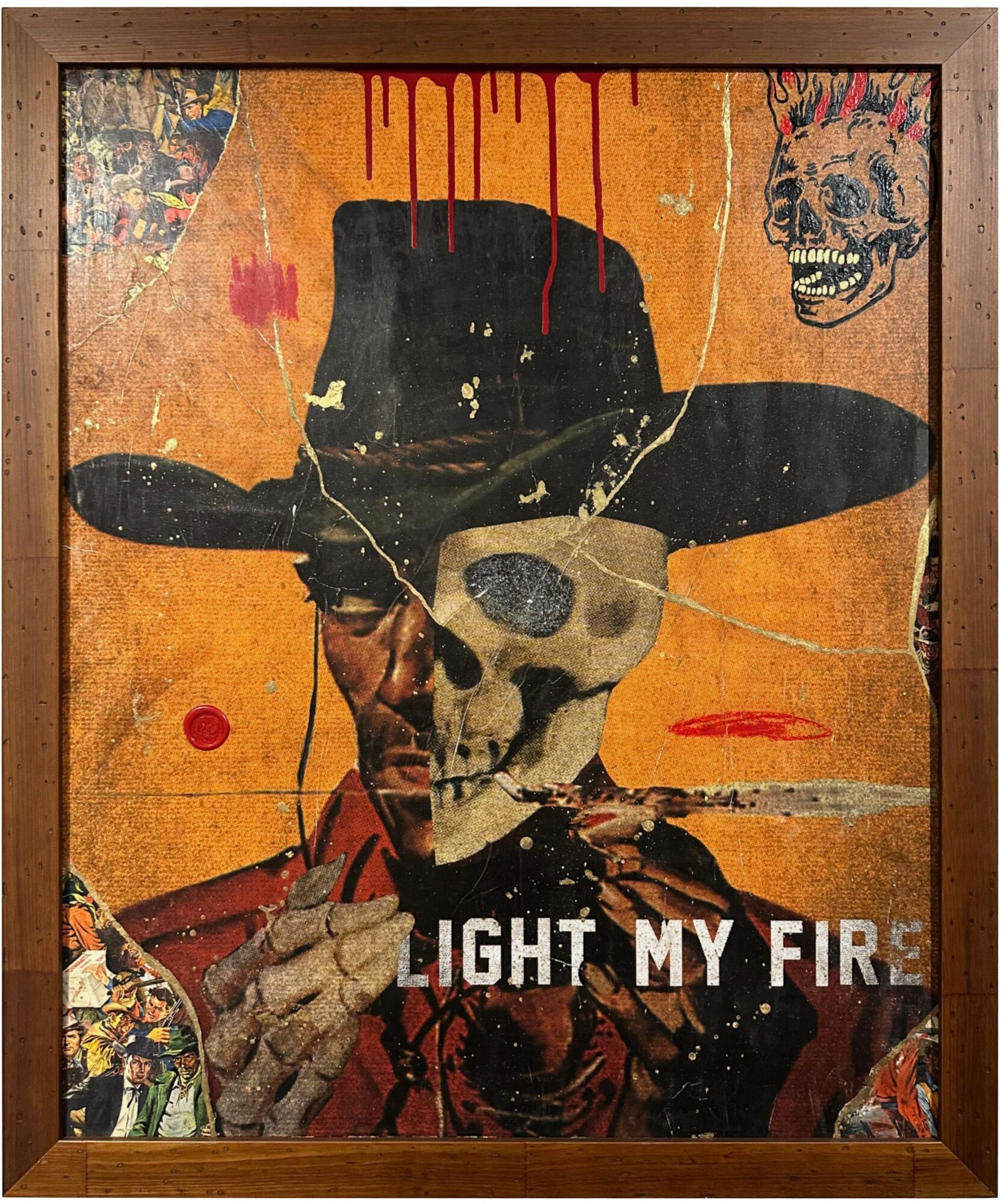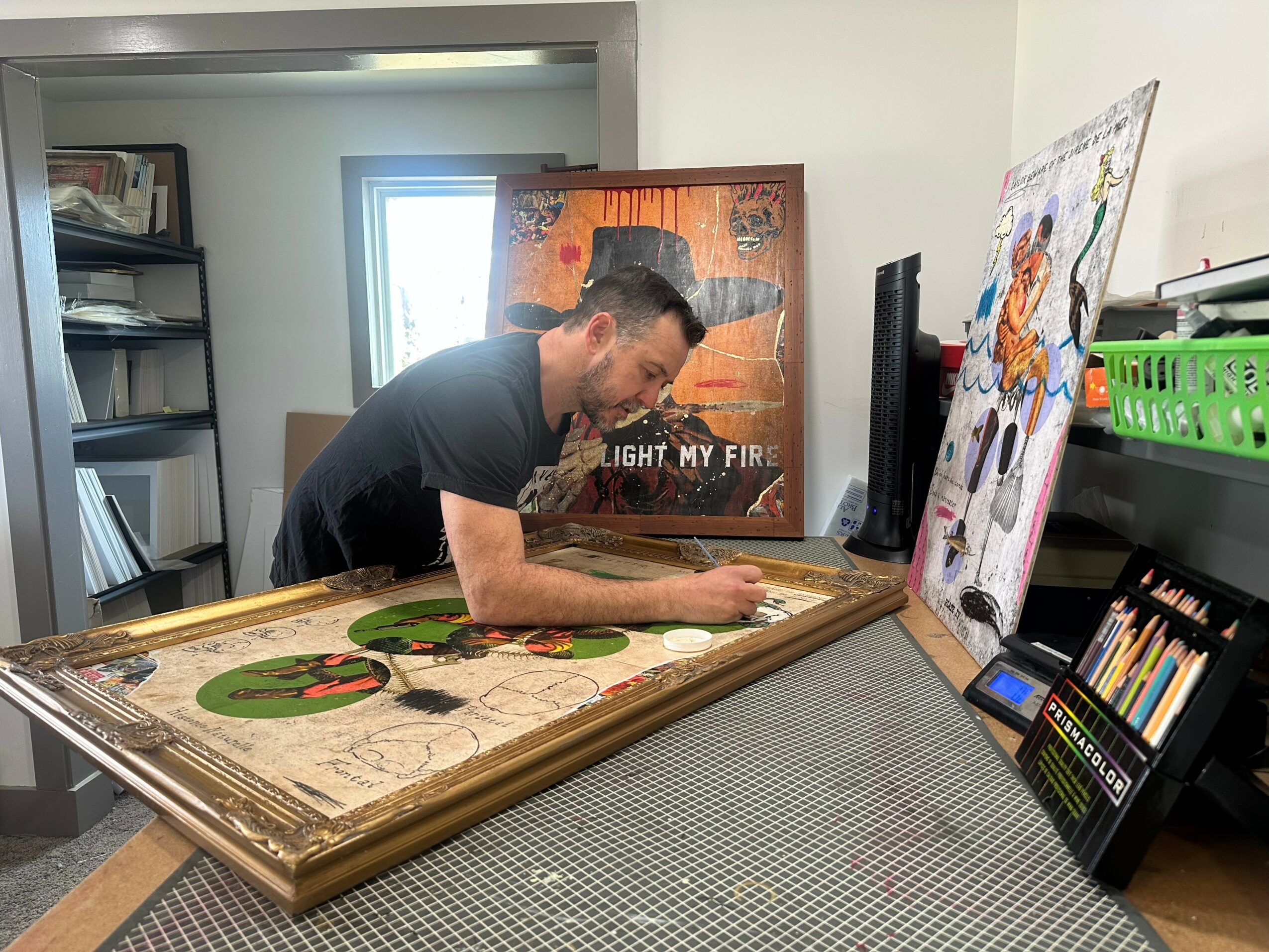

We’re looking forward to introducing you to Jason Brueck. Check out our conversation below.
Good morning Jason, it’s such a great way to kick off the day – I think our readers will love hearing your stories, experiences and about how you think about life and work. Let’s jump right in? Have you ever been glad you didn’t act fast?
I think everyone can relate to this in some sense. Rarely does your knee-jerk reaction end with optimal results. This is true whether it’s someone cutting you off in traffic or taking the extra hour, day, month, etc. in creating a piece of art. Often times when I’m working on an image, it’s a gut feeling as to when it’s done. Sometimes you’ll finish 95% of a piece, but that last 5% can take as long as everything up until that point.
The bottom line is that taking the time to add that last detail, interject some thought or humor, taking something else, delivering a message subtly vs. spoon feeding it to the viewer is what takes your work from good to great. Your best work comes at a cost of time and discipline. Don’t let your desire to finish quickly ever compromise the work.
Can you briefly introduce yourself and share what makes you or your brand unique?
I’ve been a full time, working artist since January 2014, when I quit my twelve-year career as an attorney in Philadelphia and made the move to Nashville, TN.
Inspired by a variety of genres including pop art, surrealism, the baroque era, and more, I create imagery that (hopefully) offers a counterbalance between light and dark, past and present, all while maintaining an underlying conceptual element that serves at its core. The goal is to take the seemingly unimaginable and to make it a visual reality by blurring the lines between the real and the surreal, creating a story where final interpretation is left for the viewer to decide.
Over the course of my career, I’ve had the fortune to work with a number of galleries and storefronts across the country. I’ve also worked with a handful of Fortune 500 Companies and Hospitality Industry leaders, including Marriott, Hilton, IHG and Virgin Hotels. My work has been collected by a number of celebrities, sports figures and industry leaders throughout the country and abroad.
My wife and I, along with their two children, currently reside in East Nashville, TN, where we participate in a handful of fine art festivals every year and run a small gallery in the city’s Five Points neighborhood.
Appreciate your sharing that. Let’s talk about your life, growing up and some of topics and learnings around that. Who were you before the world told you who you had to be?
I was an attorney for almost twelve years before making the switch to becoming a full-time artist. I was stuck in a job where I couldn’t stand the work, my boss and the overall drudgery of what it entailed. I enjoyed almost everything else about my life, save for the 50-60 hours of work I was putting in on a weekly basis.
In hindsight, this ended up being one of the best/worst parts of my life. Had I not been so miserable, had I not been so unfulfilled, I may never had had the drive to find something different, forge my own path and take that leap of faith.
Taking that a step further, I think it’s important that everyone take that leap of faith at some point in their life. I strongly belive that not knowing is worse than trial and error.
Whether you’re an artist, musician, chef, lawyer, etc., your early work probably won’t be great. In fact, there’s a good chance it’ll be an absolute trainwreck, but don’t let that stand in your way of learning, of getting better, of mastering a particular skill. It’s a simple concept, the harder your work, the better the product.
What did suffering teach you that success never could?
NO is a word you’re going to hear a lot when starting off as an artist, or most other creative fields for that matter. It’s a word you NEED to hear. Dealing with a rejection is a humbling moment, and how you respond to it can often times determine future success or failure.
When I first started creating art in 2011, NO was a word that was routinely given when asking if local businesses (coffee shops, bars, restaurants, etc.) were interested in showing my work. Even though I thought I was making some pretty cool sh*t, it was clear that wasn’t translating to others. At this point, it was important I set hubris aside and figure out which work people did seem to like. What was different about it? What made some people gravitate to certain images and not respond to others. It’s like any endeavor, you figure out what’s working and what isn’t. You watch Youtube videos on how to get better at Photoshop, You talk to other artists just starting out. You talk to other artists that have been doing it for decaces. You travel to Manhattan and sell on the street. You do whatever it takes to get better, to move forward, to make great art!!!
I think our readers would appreciate hearing more about your values and what you think matters in life and career, etc. So our next question is along those lines. What are the biggest lies your industry tells itself?
I think one of the biggest problems you see today in the art world is an ever-growing trend of Follow the Leader, or more specifically, Follow the Money. I suppose it’s a natural tendency to see someone succeed and understandably want that same success for yourself. The problem is when you become one of dozens, hundreds, thousands that are simply getting in line, churning our derivative garbage in hopes of catching some residual accolades/notoriety of something that’s already been done.
I’d rather see a unique concept poorly executed, then a masterpiece of a mountain vista. Give the viewer something to get excited about, something to think about, talk about, get engaged with. That’s one of the most important jobs an artist has… how to set themself apart from the masses.
Don’t ever create something because the industry says that this is what sells or this is what’s on trend. Challenge yourself and challenge the viewer to create something unique and singular, that it becomes undeniable. Create a style and voice that is solely yours.
Before we go, we’d love to hear your thoughts on some longer-run, legacy type questions. How do you know when you’re out of your depth?
One of the things I love most about being an artist is all the other types of artwork I’m able to process and experience. Talking to other artists and seeing what they’re creating is one of the best benefits of the job.
As with any profession, you will find greater success than some and lesser success than others. Whether that success is monetary, fame-based, critical acclaim or whatever you deem it to be, there will be these moments where you are humbled to your core. It’s these precious moments that will serve you well on your artistic path.
I’ve been creating art for a little over 14 years at this point, and I have a healthy confidence in my ability and what I’m able to do. That said, I relish the times when I’m confronted with something that stops me in my tracks and literally drops my jaw and forces me to ackn owledge that I am well out of my depth. I am in the presence of greatness.
To see what people are capable of creating is a wonderful thing. To see humanity at peak form is something that stays with you and never leaves. Seek out these moments and stay with them; then take them with you and use them to create your own greatness.
Contact Info:
- Website: https://www.alterimagesart.com
- Instagram: @alterimagesart
